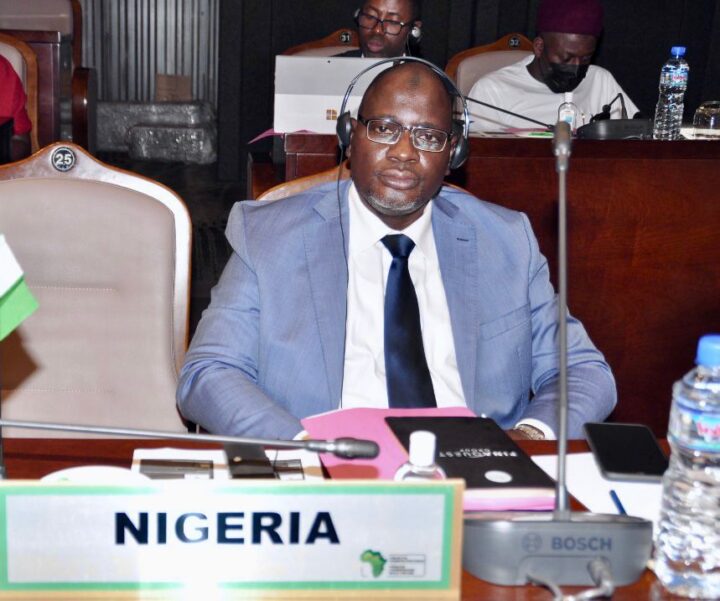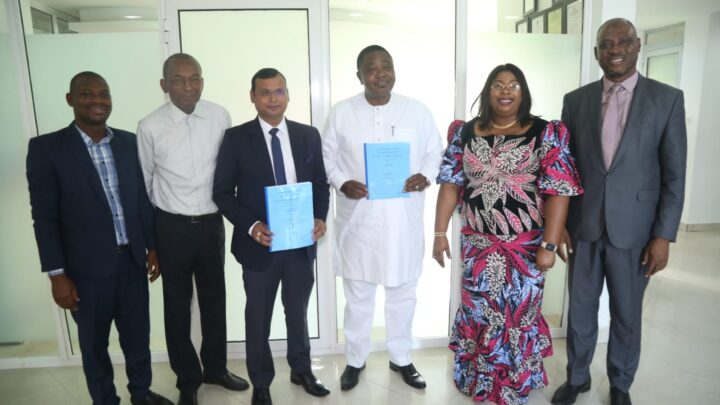Muhammad Nami, executive chairman of the Federal Inland Revenue Service (FIRS), has called for improved collaboration among African countries to effectively tax digital economy.
According to a statement issued on Tuesday by Johannes Wojuola, media aide to the FIRS chairman, Nami said this at a technical assistance programme organised by African Tax Administrators’ Forum (ATAF) held in Lomé, Togo.
Wojuola quoted Nami as saying that some African countries had endorsed the Organisation for Economic Cooperation and Development (OECD) inclusive framework’s global solution to the tax challenges of the digitalised economy.
“Our analysis continues to show that the possible cost of administering and implementing the complex rules will far outweigh the expected revenue accruing from its implementation,” he said.
Advertisement
“I, therefore, urge the African Tax Administrators Forum (ATAF) to join the discussion at the UN Tax Committee of Experts, South Centre.
“The forum should also collaborate with all other well-meaning stakeholders to explore alternative rules that will enable African countries to effectively subject the digital businesses and base eroding payments to tax in our jurisdictions.
“These collaborations should extend to other rules developed and implemented at international level for the taxation of multinational enterprises, such as the tax treaty, exchange of information and transfer pricing rules.
Advertisement
“ATAF should collaborate with the United Nations Development Programme (UNDP) to explore opportunities for Africa within the programme’s tax for the Sustainable Development Goals (SDGs) initiative.
“It should also ensure that African countries are able to generate appreciable revenue to fund SDGs.”
The FIRS chairman emphasised the need for capacity building for members in respect of base erosion and profit shifting actions by multi-national corporations and on taxation of the digital economy.
According to him, Nigeria continues to hold the view that the outcome will produce very minimal revenue comfort for African counties.
Advertisement
“This is instructive, considering the implementation challenges that developing jurisdictions will face due to the complexity of the Pillars I and II rules,” he said.
“It is crucial for the ATAF technical assistance to look toward improving the capacity of member-countries’ tax administration through the digitisation of operations.”
Nami further urged ATAF to organise peer-to-peer knowledge sharing sessions between beneficiaries of the technical assistance programmes and intensify technical assistance on international tax rules, particularly in the areas of tax treaties, transfer pricing and exchange of information.
Advertisement
Add a comment






